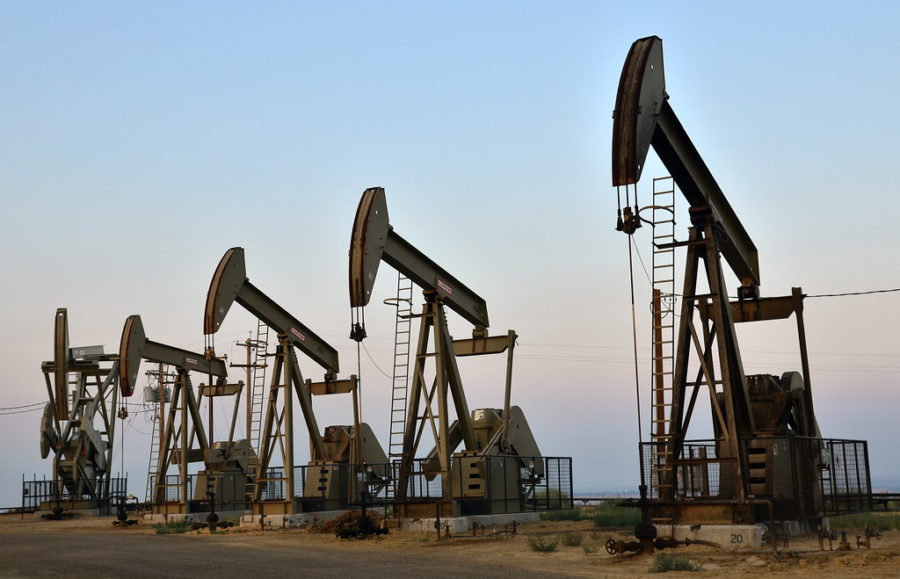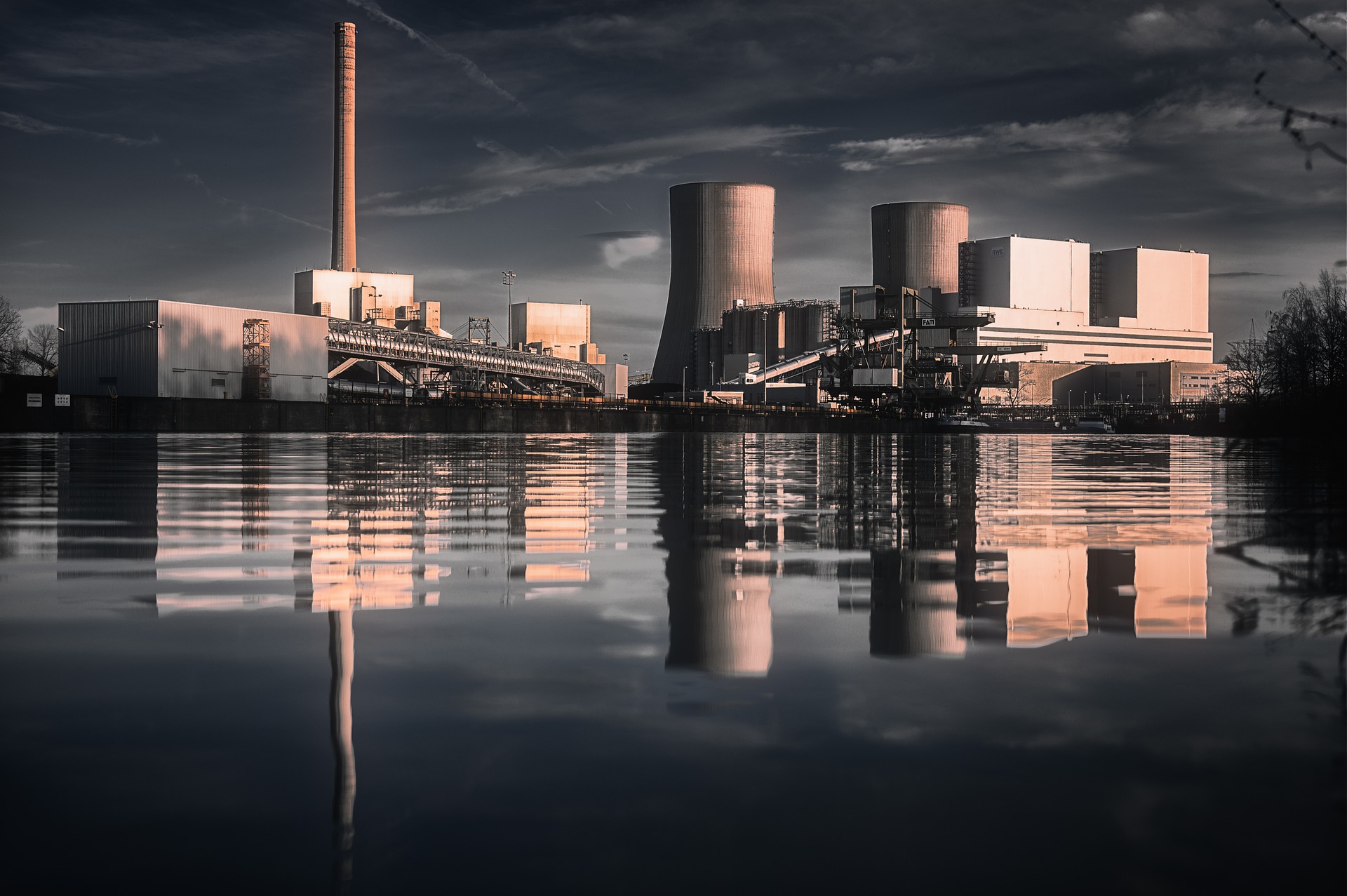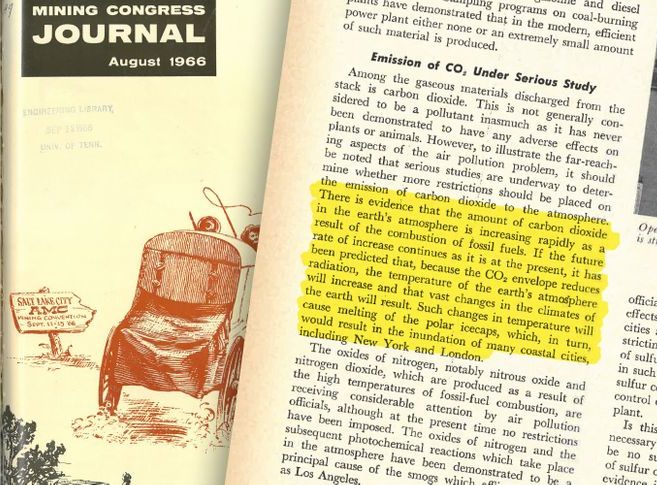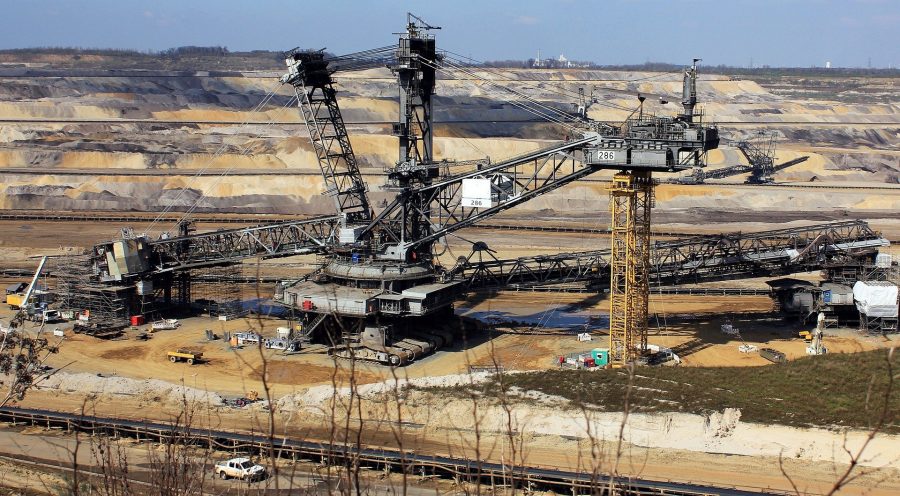Confirming the fears of environmental groups, on March 19 U.S. Bankruptcy Judge Benjamin A. Kahn approved the abandonment of cleanup obligations in thirty-three Kentucky coal mines previously owned by coal company Blackjewel LLC.[1] Approximately 170 other Blackjewel facilities in Kentucky, Tennessee, West Virginia, and Virginia will fall into a legal gray area as the company attempts to sell the mines to other coal companies.[2] Cleanup obligations for any permits not sold or transferred within six months will be abandoned.[3]
Tag: Coal

President Biden’s climate plans include a review of federal and state royalty rates paid by private companies for access to fossil fuel reserves underneath public lands.[i] On January 27, Biden issued Executive Order 14008, “Tackling the Climate Crisis at Home and Abroad,” urging aggressive domestic policy directives.[ii]
The Order directed the Secretary of the Interior to pause the issuance of new oil and gas leases for drilling rights on federal lands until the Secretary completes a “comprehensive review” of oil and gas permitting requirements.[iii] The Secretary subsequently issued Order No. 3395 (“the Order”), which directed the pause on approving new leases for fossil fuel extraction on federal lands and ordered the comprehensive review of federal royalty rates.[iv]

On August 13 the Illinois Pollution Control Board (“IPCB”) held the first of two scheduled hearings on the Illinois Environmental Protection Agency’s (“IEPA”) proposed rule for mitigating and remediating coal ash ponds throughout the state.[1]
Coal combustion residual surface impoundments, known commonly as coal ash ponds, are repositories for the potentially harmful byproducts of coal-powered electric generation facilities.[2] Absent proper mitigation efforts, pollutants that collect in coal ash ponds can seep into and contaminate the surrounding groundwater.[3]

Evidence of what fossil fuel companies knew about the potentially negative impact of fossil fuel combustion on climate change is critical to the legal strategy of those seeking damages for carbon dioxide emissions. If the harmful effects of fossil fuel emissions were known to fossil fuel companies, they potentially could be held liable for damages.[1]
For decades coal companies have denied knowledge of the consequences, as well as the existence of climate change itself. The Huffington Post reported that although Peabody Energy,[2] the largest private-sector coal company in the world, acknowledges climate change on its website, “[i]t has been directly and indirectly involved in obfuscating climate science for decades. It funded dozens of trade, lobbying and front groups that peddled climate misinformation.”[3]
A recently discovered article, however, revealed that the coal industry has known of fossil fuel’s impact on climate change for decades.[4]
Chris Cherry, professor of civil engineering at the University of Tennessee, discovered an article published in the Mining Congress Journal in 1966, written by James R. Garvey, president of Coal Research Inc.[5] An article titled “ramifications of extractive technologies,”[6] revealed the coal industries foreknowledge. Garvey wrote:
There is evidence that the amount of carbon dioxide in the earth’s atmosphere is increasing rapidly as a result of the combustion of fossil fuels . . . [s]uch changes in temperature will cause melting of the polar icecaps, which, in turn, would result in the inundation of many coastal cities, including New York and London. [7]
Most modern knowledge of climate change is seen in the article including increase of average air temperature, melting of polar ice caps, and rising of sea levels.[8] Cherry’s discovery could potentially open the coal industry to similar litigation currently faced by the oil industry.[9]
The Huffington Post reached out to Peabody Energy for comment on the Article’s revelations. A Peabody spokesman stated:
Peabody recognizes that climate change is occurring and that human activity, including the use of fossil fuels, contributes to greenhouse gas emissions. We also recognize that coal is essential to affordable, reliable energy and will continue to play a significant role in the global energy mix for the foreseeable future. Peabody views technology as vital to advancing global climate change solutions, and the company supports advanced coal technologies to drive continuous improvement toward the ultimate goal of near-zero emissions from coal.[10]
*Featured Image: A 1966 issue of the Mining Congress Journal, Courtesy of Chris Cherry
[1] See Elan Young, Coal Knew, Too, Huffington Post (Nov. 22, 2019) https://www.huffpost.com/entry/coal-industry-climate-change_n_5dd6bbebe4b0e29d7280984f (last visited Nov. 22, 2019).
[2] https://www.peabodyenergy.com/.
[3] Élan Young, supra n.1; see Suzanne Goldenberg and Helena Bengtsson, Biggest US coal company funded dozens of groups questioning climate change, Guardian (June 13, 2016), https://www.theguardian.com/environment/2016/jun/13/peabody-energy-coal-mining-climate-change-denial-funding (last visited Nov. 22, 2019).
[4] Eoin Higgins, Coal Knew Too: Explosive Report Shows Industry Was Aware of Climate Threat as Far Back as 1966, Common Dreams (Nov. 22, 2019), https://www.commondreams.org/news/2019/11/22/coal-knew-too-explosive-report-shows-industry-was-aware-climate-threat-far-back-1966 (last visited Nov. 22, 2019).
[5] Id.
[6] Id.
[7] Élan Young, supra n.1
[8] Eoin Higgins, supra n.4.
[9] Id.
[10] Élan Young, supra n.1


